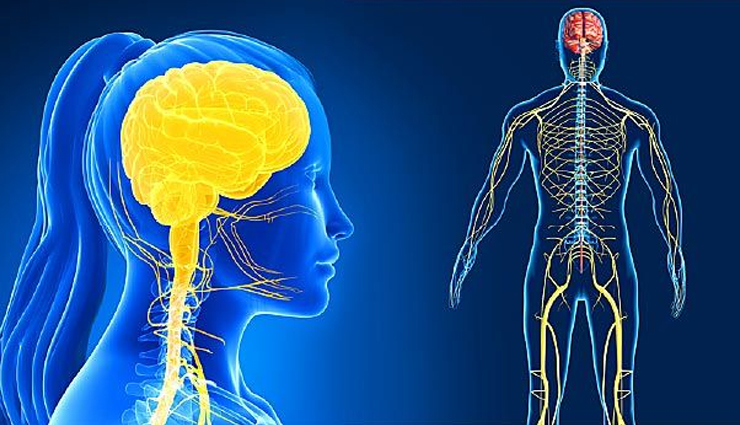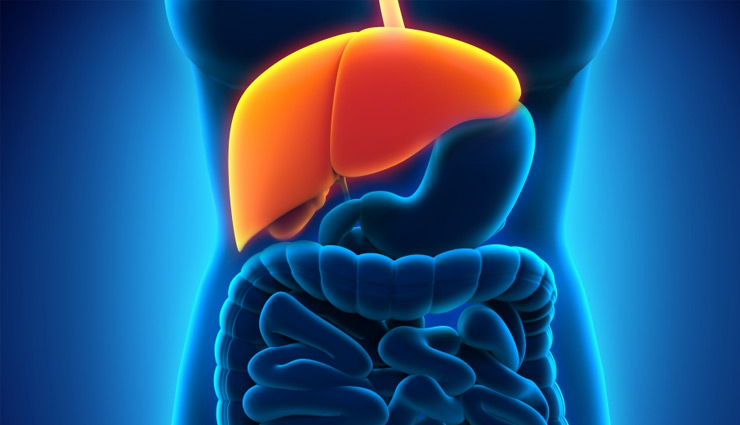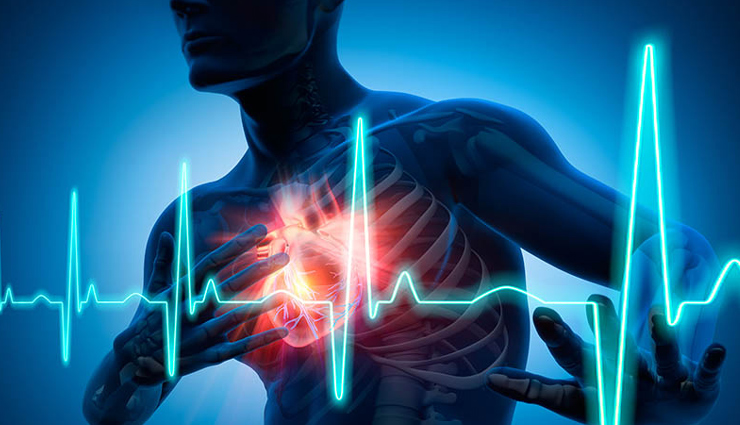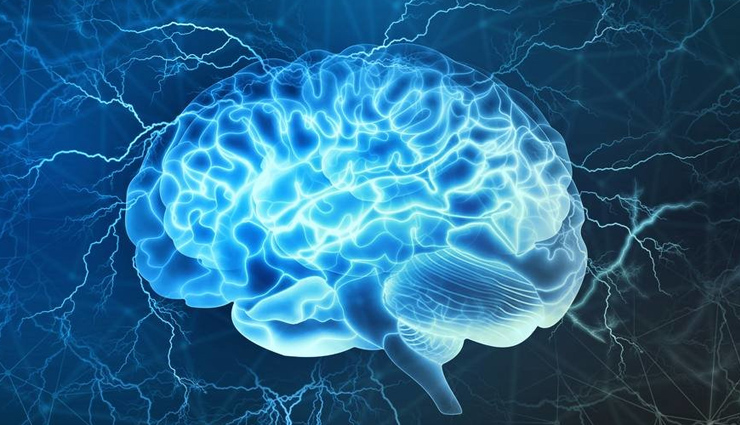- Home›
- Healthy Living›
- 9 Potential Health Benefits Of Egg
9 Potential Health Benefits Of Egg
By: Priyanka Maheshwari Thu, 15 Feb 2024 1:35:21

Eggs are often hailed as a nutritional powerhouse, offering a wide array of health benefits. They have been a staple food in diets around the world for centuries, prized not only for their versatility in cooking but also for their impressive nutrient profile.
From athletes seeking muscle recovery to individuals aiming for weight management, eggs are revered for their high-quality protein content. They provide all nine essential amino acids, making them a complete protein source crucial for tissue repair, muscle building, and overall cellular function.
Beyond protein, eggs are packed with essential vitamins and minerals vital for various bodily functions. They are rich in vitamins A, D, B12, and riboflavin, as well as minerals like selenium. These nutrients support everything from healthy skin and strong bones to proper nerve function and immune system maintenance.
Eggs are also a notable source of choline, a nutrient critical for brain health and development. Choline is involved in neurotransmitter synthesis, cell membrane structure, and metabolism, making it indispensable for cognitive function.
Moreover, eggs contain antioxidants such as lutein and zeaxanthin, which contribute to eye health by reducing the risk of age-related macular degeneration and cataracts.
Despite previous concerns about their cholesterol content, current research suggests that moderate egg consumption does not adversely affect heart health for most people. In fact, eggs can be part of a heart-healthy diet due to their low saturated fat content and ability to raise HDL (good) cholesterol levels.

# Rich in Protein
Eggs are an excellent source of high-quality protein, containing all nine essential amino acids. Protein is essential for building and repairing tissues in the body, as well as for maintaining muscle mass.

# Vitamins and Minerals
Eggs are packed with vitamins and minerals, including vitamin A, vitamin D, vitamin B12, riboflavin (B2), and selenium. These nutrients play crucial roles in various bodily functions, such as maintaining healthy skin, supporting the immune system, and promoting proper nerve function.

# Choline
Eggs are one of the best dietary sources of choline, a nutrient important for brain health and development. Choline is also involved in functions like metabolism and liver function.

# Eye Health
Eggs contain antioxidants like lutein and zeaxanthin, which are beneficial for eye health. These compounds may help reduce the risk of age-related macular degeneration and cataracts.

# Heart Health
Contrary to previous concerns about cholesterol in eggs, current research suggests that moderate egg consumption does not significantly impact heart health for most people. In fact, eggs can be part of a heart-healthy diet as they are low in saturated fat and can help raise HDL (good) cholesterol levels.

# Weight Management
Eggs are a filling and satisfying food, which can help with weight management by reducing overall calorie intake. Eating eggs for breakfast, in particular, has been shown to promote feelings of fullness and reduce calorie consumption throughout the day.

# Bone Health
Eggs are a good source of vitamin D, which is essential for calcium absorption and bone health. Adequate vitamin D levels are important for maintaining strong bones and preventing conditions like osteoporosis.

# Muscle Strength
The protein content in eggs contributes to muscle strength and repair, making them a beneficial food for athletes and individuals engaging in regular exercise.

# Brain Function
The nutrients found in eggs, such as choline and B vitamins, support cognitive function and may help improve memory and concentration.





